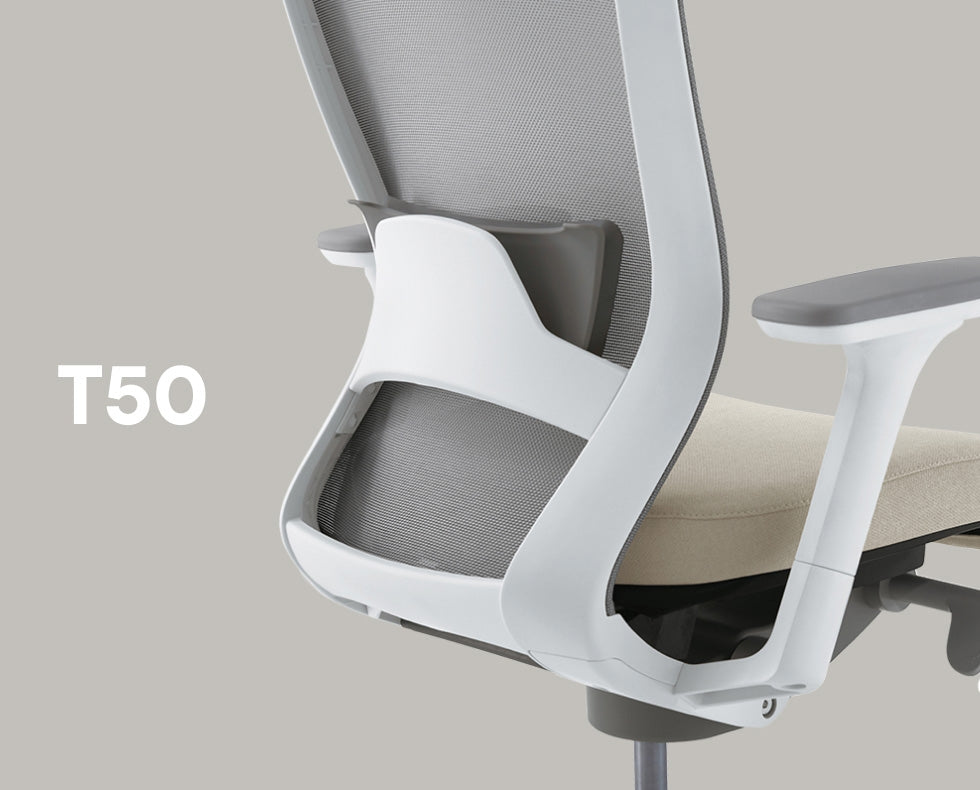The demand for work from home scientist jobs continues to grow as research and data analysis move beyond the traditional lab. Professionals in Australia are discovering new ways to innovate, collaborate, and contribute to science from their own spaces. This guide explores what to expect, how to prepare, and where opportunities lie and why having the right desk chair for work matters.
The Rise of Work From Home Opportunities in Science
Science has entered a flexible new age. The shift to digital systems means scientists now have an opportunity to work remotely without losing collaboration or impact. Many roles once tied to labs now rely heavily on data analysis, computer modelling, and online communication.
In Australia, this change has opened doors to professionals seeking balance and independence. Remote roles, which Australians prefer more and more, offer a chance to stay in the scientific field while avoiding long commutes and rigid office structures. The shift also allows businesses to recruit global experts and build stronger, more diverse teams.
Understanding the Nature of Remote Science Jobs
Remote science jobs cover a range of disciplines, from biology to environmental management and biotechnology. The most successful setups use strong communication tools, defined project goals, and supportive systems to ensure progress and accountability.
Researchers and specialists can now take part in international projects or contribute to data-driven innovation without stepping foot in a lab. These opportunities depend on technology, collaboration, and trust-values shaping how science evolves in the digital age.
Key Research and Data Roles You Can Do From Home
Many home jobs in Australia focus on research and data. Fields such as epidemiology, environmental studies, and data science have thrived in remote setups. Analytical tools, automation, and computing power enable teams to collaborate across borders seamlessly.
For scientists with strong technical skills, these roles offer growth and stability. They can lead research programs, evaluate findings, and publish papers while managing work-life balance from home. It's a modern approach to scientific contribution and professional development.
Environmental and Sustainability Careers You Can Do Remotely
Environmental science is uniquely suited to remote work. Data gathered from satellites, field teams, and climate models can be processed and interpreted anywhere. Remote specialists often focus on policy development, impact assessment, and sustainability reporting.
These environmental jobs in Australia combine scientific precision with strategic communication. Scientists play a crucial role in helping businesses meet regulatory goals and build greener, more responsible operations. It's rewarding work that blends science, purpose, and flexibility.
Exploring Online Science Education and Tutoring Jobs
Another growing field is online tutoring and education. Scientists with teaching experience can design and deliver programs in chemistry, physics, or biology. These roles help bridge the gap between academic research and everyday learning.
Working in science education provides flexible hours and a strong sense of community. It's an opportunity to inspire students and share years of expertise. With digital platforms expanding rapidly, today's top tutors are as much researchers as educators.
Engineering and Technology Science Jobs in Australia
Engineering has evolved alongside technology and data. Professionals in design, energy, or biotech can now manage complex projects from home offices. Collaboration software enables smooth teamwork and document sharing, even across time zones.
Technology continues to reshape how engineering research is conducted. Remote roles let scientists and engineers apply their knowledge efficiently, develop innovative solutions, and support sustainable infrastructure. It's a sector full of innovation and forward-thinking professionals.
Quality Management and Assurance in Remote Science Work
Quality assurance remains critical in every science job, even in a virtual setting. Remote teams must adhere to strict protocols to ensure data accuracy and compliance with regulatory standards. Digital tools now make this possible with real-time tracking and reporting systems.
In clinical or environmental research, maintaining quality is vital. Scientists play an essential role in reviewing data, managing documentation, and ensuring project integrity. Strong leadership and precision distinguish successful remote research teams.
Building a Professional Network as a Remote Researcher
Working remotely doesn't mean working alone. Scientists thrive when they join professional networks, attend webinars, and collaborate online. These communities create an environment of shared knowledge and mentorship.
A strong network helps researchers discover new projects and recruitment opportunities. By connecting with peers globally, remote scientists can stay updated, build confidence, and open doors to future career growth. Collaboration remains at the heart of science-no matter where you sit.
Flexible Hours and Work-Life Balance in Science Careers
Remote work brings freedom and flexibility, but discipline remains essential. Managing flexible hours effectively requires structure and self-motivation. Scientists who balance their workload and rest periods tend to perform better and feel more fulfilled.
The key lies in setting boundaries and maintaining consistent schedules. When teams support each other, the result is higher productivity and a healthier environment. Flexibility, when used well, becomes a career advantage rather than a distraction.
Skills Every Remote Scientist Needs to Succeed
Successful remote scientists rely on more than technical knowledge. They also need strong communication, management, and problem-solving skills. Understanding software tools, data systems, and reporting platforms can greatly improve daily workflow.
Equally important is adaptability. With rapid technological change, researchers must develop new competencies and refine existing skills. Professionals who continue learning will stay competitive as remote science evolves.
Searching for Work From Home Science Jobs in Australia
Those seeking work from home jobs should begin with credible industry sources. University boards, professional associations, and scientific networks list vacancies now with new jobs posted regularly. Some even highlight new jobs added daily across Australia.
To find the ideal job at SEEK, Indeed, Jora, or other major platforms, use focused search terms like “remote research scientist” or “data analyst.” Checking company backgrounds and understanding project expectations ensures a good fit. Always look for organisations that value professionalism, collaboration, and innovation.
Creating a Comfortable and Productive Home Science Workspace
Every scientist needs a workspace that promotes focus and health. A supportive desk chair, ergonomic desk, and well-lit environment are essential for long hours of concentration. SIDIZ ergonomic home office chairs combine Korean design, precision, and comfort to help professionals maintain posture and productivity.
Whether you're analysing data, preparing reports, or leading a research project, comfort drives better results. Investing in quality furniture ensures your work from home setup supports your body as well as your goals. A balanced workspace means a stronger, more sustainable career.
In summary, science is evolving fast, and work from home scientist jobs are becoming a vital part of that change. Remote opportunities in research, environmental management, and data analysis now offer rewarding and flexible paths for professionals. With the right tools, skills, and ergonomic setup, scientists can thrive anywhere in the world.



